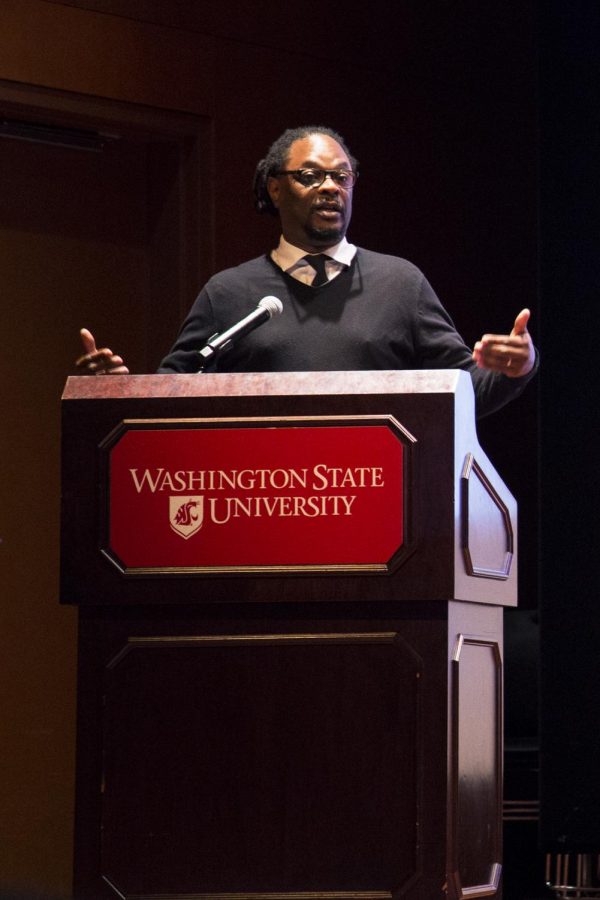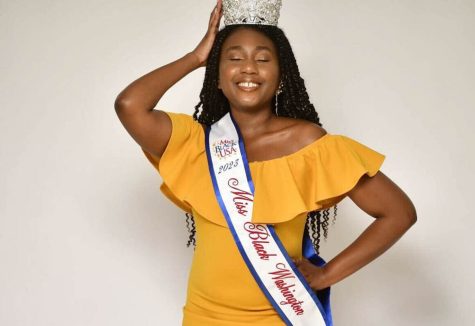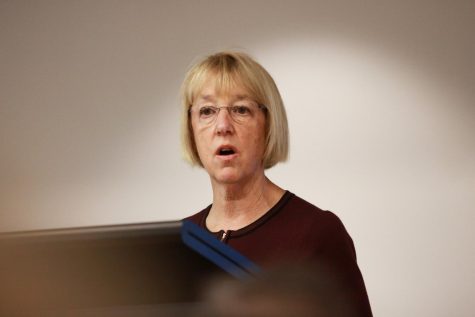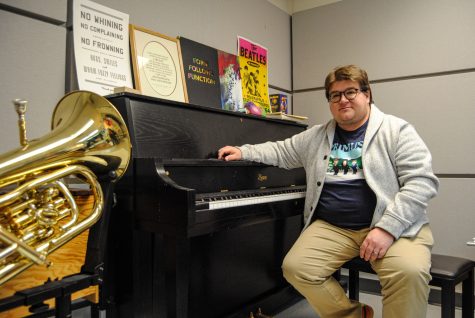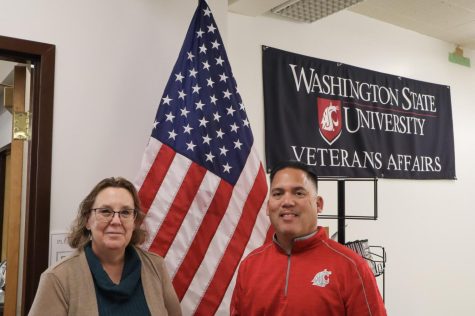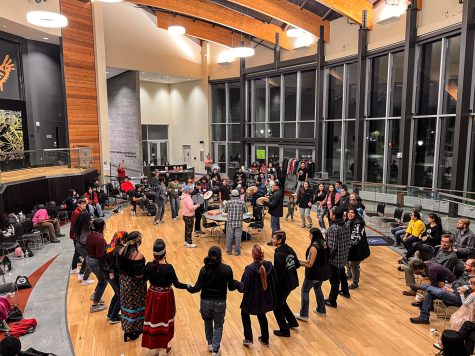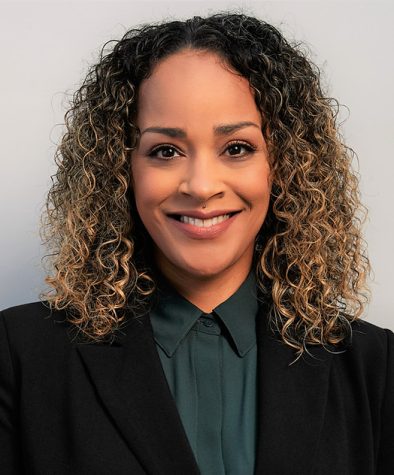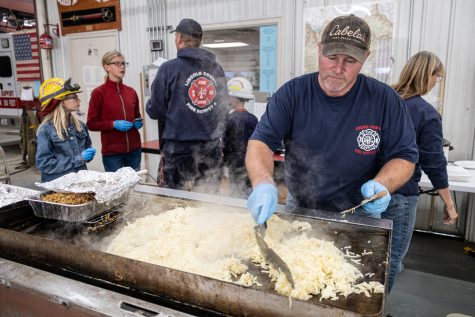Author lectures on institutional racism
Lawrence Ross spoke about past instances of racism on campuses
ZACH RUBIO | The Daily Evergreen
Author Lawrence Ross speaks about racism on college campuses during his presentation.
October 23, 2017
Author Lawrence Ross visited WSU to talk about racism on university campuses and what can be done to prevent future incidents Monday. He was invited by the National Pan-Hellenic Council and the event was sponsored by several institutions on the WSU Pullman campus, including the Office of the President and Black Student Union.
Basheera Agyeman, the President of NPHC, said that the event was hosted to promote campus diversity and inclusion.
She said that in recent years, WSU campus climate and students have seen racism surfacing for a while.
“Our community at large can learn new ways to make our environment more inclusive,” Agyeman said, “and to learn what campus racism is and how each of us participate in not just campus racism but microaggressional behavior.”
Ross is both a lecturer and the author of “Blackballed: The White and Black Politics of Race on America’s Campuses” and “The Divine Nine: The History of African American Fraternities and Sororities,” books about race and identity on college campuses.
The Blackballed lectures are a series of tours that aim to begin conversation about systemic issues happening on university campuses. Ross travels from campus to campus to talk to students about issues of race.
The presentation used examples from past and present racial topics.
Ross began the presentation with a Sigma Alpha Epsilon chant from a 2015 video from the Oklahoma State University, in which fraternity brothers used racial slurs. He spoke about the history of the video and how the video gained traction over the course of the year.
Ross said that the person who was offended recorded the incident. They then sent that video to OSU Unheard, a Oklahoma State University student activist group on the campus.
“So they did what any rational person would do and sent it to every media place they could find,” Ross said.
He said that the racism shown in the video prompted reaction from different media outlets.
“Fox News was like, ‘yeah, this might be a little racist,’ ” Ross said.
Ross continued to speak about campus racism and how it hurts people of color.
Regarding how campuses across the country still use the image of slave-owning Confederate leaders as statues and names of halls, he said these campuses keep such names to the detriment of communities of color, creating spaces individuals may feel uncomfortable or unsafe in.
Ross gave the example that if someone were to erect a statue of Hitler in Germany, it would create an unsafe space for many Jewish students.
As a historical example, Ross brought up Benjamin “Pitchfork Ben” Tillman, one of the most notorious politicians in America.
Ross continued to say that Tillman supported and pushed for laws that minimized African Americans’ voting rights.
Tillman was an active participant in the Hamburg Massacre of 1876, during which many African Americans fought and died for voting rights. Throughout the South, he left the body parts of African-American militiamen he had killed, Ross said.
“When we talk about African American dying for the vote,” he said, “we are not being metaphorical.”
Yet, at Clemson University, there remains a hall named after Tillman, Ross said.
When Clemson University was investigated, the Board of Trustees said they could not change the name because the university did not feel responsible because it was a past planning decision, Ross said.
“You can’t be surprised now to see overt supremacy on college campuses,” Ross said.
He continued to use examples of aggression against students of color. He cited an event on WSU’s Pullman campus, where fliers were found saying to report undocumented students.
“‘Notice it is you duty to report any illegal aliens here at Washington State,’ ” Ross said as he read from the flier,
Ross asked students to change their mindsets on campus and asked them not to wear offensive costumes for Halloween.
“If it’s racist or insensitive,” he said, “don’t do it.”
Racial justice is not limited to people of color, Ross said, challenging white students to be present and aware of the implications of their actions.

